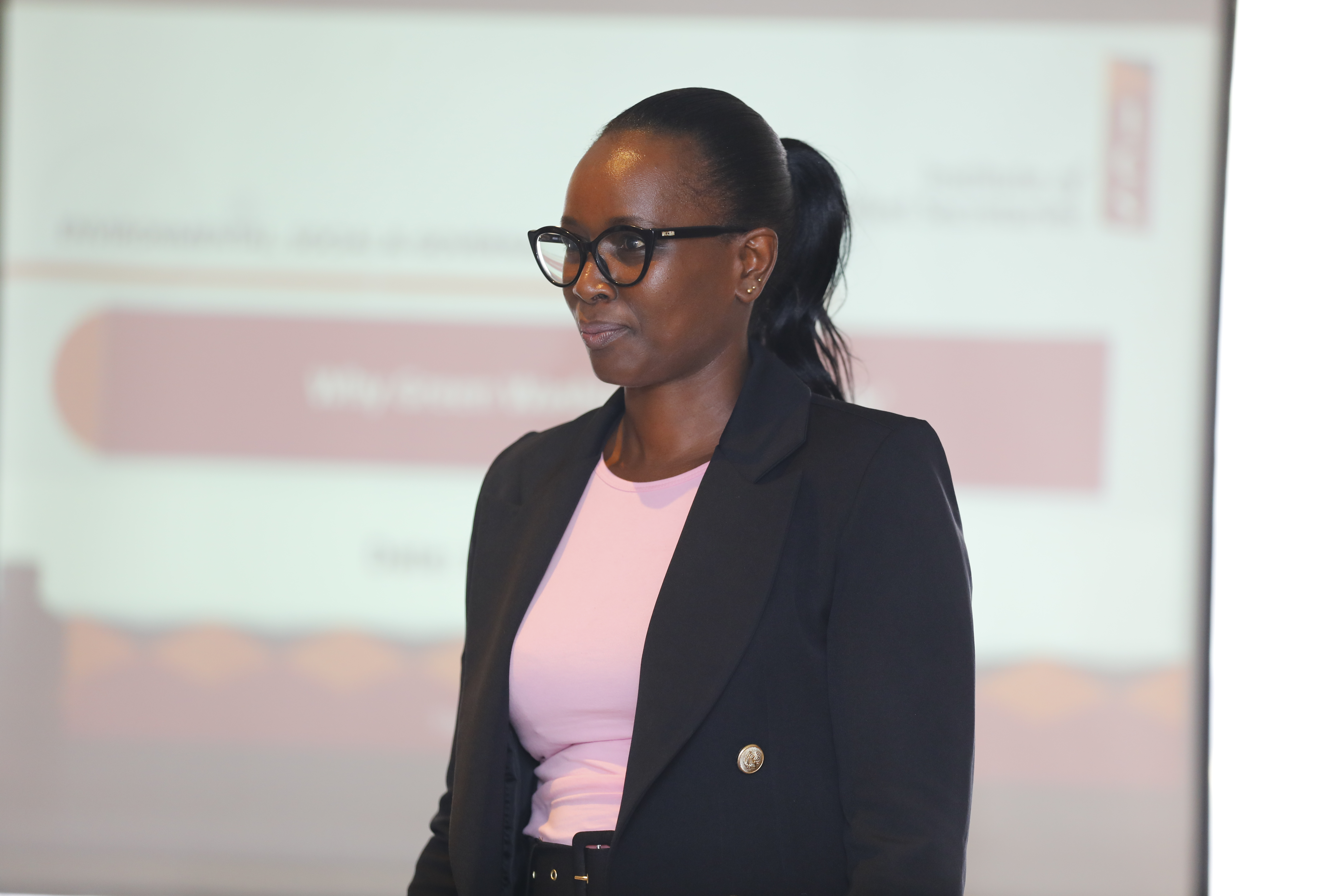Holding leaders accountable through public discourse and debates is crucial for a well-functioning democratic society for the following reasons:
1. Transparency and accountability: Public discourse and debates provide a platform for citizens to question, critique, and scrutinize the actions and decisions of leaders. It promotes transparency and holds leaders accountable for their promises, policies, and actions. Through open discussions, citizens can demand explanations, challenge inconsistencies, and ensure that leaders act in the best interests of the public.
2. Democratic participation: Public discourse and debates encourage democratic participation by allowing citizens to engage in the political process. When leaders are subject to scrutiny and challenged through debates, it empowers individuals to actively participate in shaping the public agenda and decision-making. This promotes an inclusive and participatory democracy where citizens have a voice and can influence the direction of their society.
3. Checks and balances: Robust public discourse and debates serve as a check on the exercise of power by leaders. It prevents the concentration of power in the hands of a few and ensures that decisions are thoroughly examined, critiqued, and justified. By subjecting leaders to scrutiny and questioning, it helps prevent abuse of power, corruption, and authoritarian tendencies.
4. Policy evaluation and improvement: Public discourse and debates provide an avenue to evaluate and improve policies. When leaders present their ideas and proposals in public forums, they invite critical analysis and alternative perspectives. This enables the identification of potential flaws, unintended consequences, and alternative solutions. By engaging in informed debates, leaders can refine their policies and make more evidence-based decisions, leading to better outcomes for society.
5. Education and awareness: Public discourse and debates serve an educational function by informing citizens about important issues, policies, and the positions of different leaders. They provide an opportunity for citizens to access diverse viewpoints, gather information, and form their own opinions. Debates help raise awareness about societal challenges, promote informed decision-making, and encourage civic engagement.
6. Democratic values and norms: Public discourse and debates reinforce democratic values and norms, such as freedom of speech, pluralism, and respectful engagement. When leaders engage in debates, it sets an example for civil and constructive discourse, encouraging dialogue and understanding. This fosters a culture of open-mindedness, tolerance, and respect for differing opinions, which are essential for a healthy democracy.
7. Trust and legitimacy: When leaders engage in public discourse and debates, it enhances their legitimacy and builds trust with the public. By subjecting themselves to scrutiny and engaging in open dialogue, leaders demonstrate a willingness to be held accountable and to engage with the concerns and perspectives of citizens. This helps build trust, foster a sense of ownership, and strengthen the social contract between leaders and the public.
In conclusion, holding leaders accountable through public discourse and debates is vital for a thriving democracy. It promotes transparency, democratic participation, checks and balances, policy improvement, education, and the reinforcement of democratic values. By engaging in open and informed debates, citizens can actively shape their society, ensure responsible leadership, and contribute to a more inclusive and equitable future.




